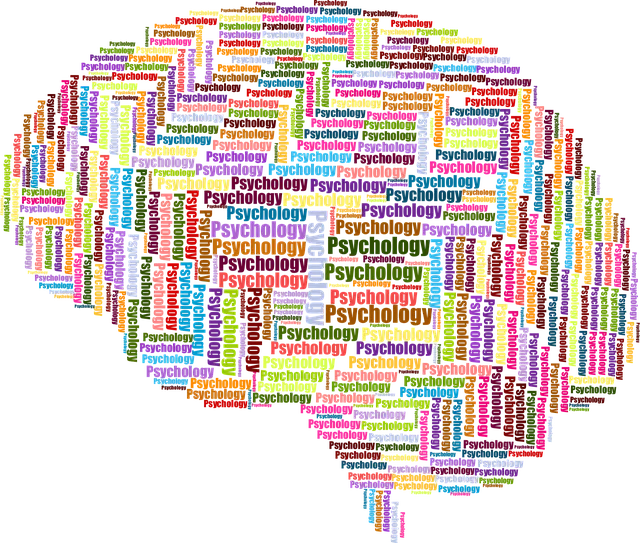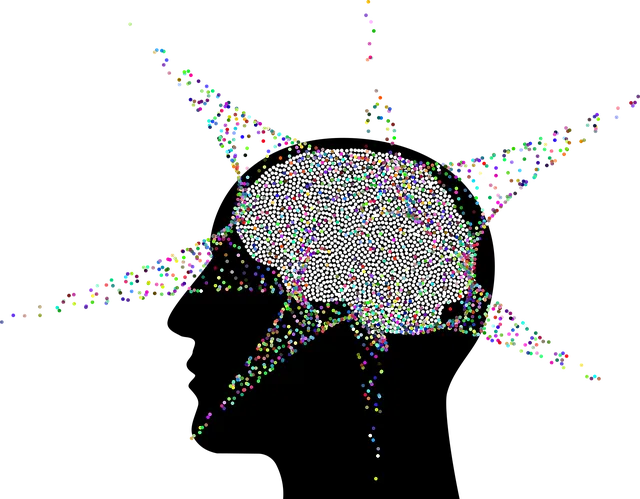Kaiser Permanente's Centennial Mental Health Initiative leverages the Resilience and Flexibility Model (RFM) to empower residents in managing stress and enhancing emotional well-being. By focusing on emotional healing, emotional intelligence, and practical skills like Social Skills Training and Self-Care Routine Development, RFM fosters resilience as a key component of community wellness. Simple RFM exercises such as mindfulness, relaxation techniques, and gratitude journaling are accessible tools for stress management, making mental health support available beyond traditional therapy. The initiative's "mental health number" ensures continuous care and tailored resources, promoting better mental health outcomes in the high-pressure city of Centennial.
“Uncover the power of RFM (Resilience, Flexibility, and Mindfulness) in fostering mental well-being with a focus on Kaiser Permanente’s innovative Centennial Mental Health Initiative. This comprehensive approach integrates resilience-building exercises into daily routines, mirroring Kaiser Permanente’s commitment to the number one mental health priority: long-term resilience.
Explore practical strategies for incorporating RFM into your life and discover how to measure success, ensuring sustained well-being.”
- Understanding RFM and Its Impact on Mental Well-being
- The Role of Resilience Building Exercises in Kaiser Permanente's Centennial Mental Health Initiative
- Practical Applications: Incorporating RFM into Daily Routines
- Measuring Success and Continued Support for Long-term Resilience
Understanding RFM and Its Impact on Mental Well-being

The Resilience and Flexibility Model (RFM) is a powerful framework that helps individuals navigate life’s challenges with greater resilience. This model, often used in mental health programs, such as those offered by Kaiser Permanente, focuses on strengthening emotional healing processes. By understanding an individual’s response to stressful situations, RFM enables folks to prevent depression and enhance their overall well-being.
In the context of Centennial, this approach becomes even more significant, as it empowers residents to manage stress and improve their mental health. The process involves cultivating emotional intelligence—the ability to recognize and understand one’s own emotions and those of others. This is a vital step in fostering resilience, enabling people to adapt to difficult circumstances and promote better mental health outcomes.
The Role of Resilience Building Exercises in Kaiser Permanente's Centennial Mental Health Initiative

Kaiser Permanente’s Centennial Mental Health Initiative recognizes the power of Resilience Building Exercises in fostering mental well-being among its members. This comprehensive program goes beyond traditional therapy by incorporating various exercises designed to enhance resilience, a key factor in mitigating mental health challenges. The initiative focuses on empowering individuals with skills to navigate life’s stressors effectively.
One of the standout components is Social Skills Training, which equips participants with strategies for healthy communication and interpersonal interactions. Additionally, encouraging members to adopt Self-Care Routine Development for Better Mental Health forms a crucial aspect of the initiative. These exercises, coupled with Crisis Intervention Guidance, equip individuals with tools to manage crises and promote long-term mental health stability. By integrating these practices, Kaiser Permanente Centennial aims to create a supportive environment where resilience is built, nurtured, and celebrated as a vital component of overall well-being.
Practical Applications: Incorporating RFM into Daily Routines

Integrating RFM (Resilience, Flexibility, and Mindfulness) practices into daily routines can significantly enhance emotional well-being promotion techniques for individuals in stressful environments. At Kaiser Permanente, mental health services play a pivotal role in supporting community members in cultivating coping skills development. By incorporating simple yet effective RFM exercises, such as mindful breathing, progressive muscle relaxation, or gratitude journaling, individuals can proactively manage stress and prevent burnout.
These practices are accessible to everyone, regardless of location, making them valuable tools for promoting resilience in everyday life. For instance, a short mindfulness meditation during breakfast or a brief walk in nature can help reset one’s mindset and prepare them for the challenges ahead. Embracing RFM in daily routines not only fosters emotional well-being but also serves as a powerful strategy for burnout prevention, especially for those living in fast-paced cities like Centennial, where stress levels often run high.
Measuring Success and Continued Support for Long-term Resilience

Measuring success is a vital component of resilience building exercises, especially when aimed at long-term mental well-being. Organizations like Kaiser Permanente play a crucial role in this aspect by providing resources and support that extend beyond initial interventions. The mental health number at Kaiser Permanente serves as a consistent point of contact, enabling individuals to track their progress and access continued care. This proactive approach ensures that those engaging in self-awareness exercises and mood management techniques receive ongoing guidance, which is essential for preventing issues like depression.
Regular check-ins and assessments allow for tailoring support based on individual needs, fostering an environment where resilience can flourish. By integrating these practices into daily routines, individuals gain valuable tools for coping with challenges, promoting better mental health outcomes. The at-centennial milestone of resilience building is not just about reaching a destination but rather embracing a continuous journey of self-improvement and enhanced emotional well-being.
Resilience is a vital component of mental well-being, and integrating RFM (Recovery, Flexibility, and Mastery) exercises into daily routines can significantly enhance it. As demonstrated by Kaiser Permanente’s Centennial Mental Health Initiative, these practices play a crucial role in supporting individuals’ long-term resilience. By understanding the impact of RFM on mental health and adopting practical applications, we can foster more resilient communities. The initiative’s success highlights the power of these exercises in promoting well-being, with measurable outcomes that contribute to Kaiser Permanente’s commitment to improving mental health among its members.






